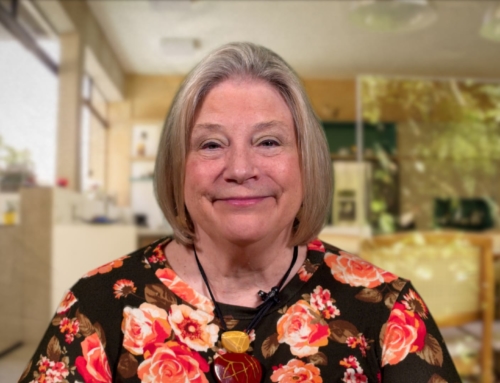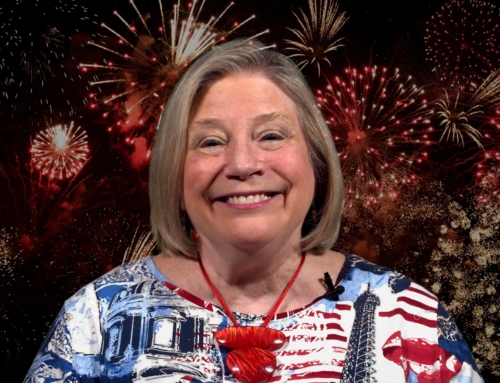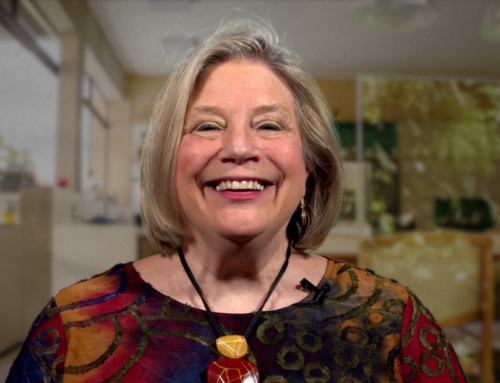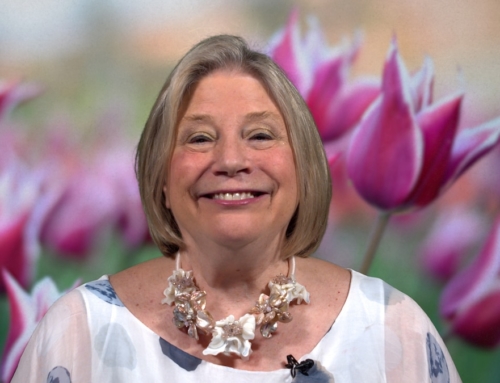(excerpt from an hour interview with Stan Tatkin)
Diane: The wonderful thing about what I think you’re teaching therapists is that these are really skills that people can learn.
Stan: Absolutely.
Diane: So often we have the idea, when we come to a relationship, that we should somehow magically know, or there’s something wrong with us if we don’t know. If we just didn’t have the goldmine of being raised in a secure family, we’re going to be bringing a lot of these distortions into the relationship, which is not really our fault.
Stan: No.
Diane: It’s just part of the package that we bring. But we can learn how to function anyway.
Stan: We can learn how to function – we don’t change necessarily, that’s not what we get married for – to change. We get married, really, so we can finally be ourselves – so we can be home and relaxed and with someone who knows us and loves us for who we are, accepts for who we are even if we are a pain in the ass, even if we’re annoying – that’s normal, but we’re okay. “You’re my pain in the ass, I’m your pain in the ass and we take each other that way and that’s fine.”
Diane: New wedding vows.
Stan: Yes, new wedding vows, it should be that way. So there’s an acceptance of taking one another as burdens, and part of that burden is that I’m responsible partly for your past even though I wasn’t there, because I am going to be that proxy for those people and I can’t say, “well, that’s not me, that was your mother, so take it up with her.” That’s not fair. Or, I can’t say, “go to therapy” – that’s expensive. I can just deal with it and heal it because I am here. And you do that for me because you are here.
Diane: And a good couples therapist with your training can really help people find that way to be together.
Stan: Yes.
Diane: And it’s more oriented towards healing.
Stan: Yes.
Diane: I think sometimes it’s a lot. People’s past can be pretty overwhelming sometimes, especially if they’ve had trauma and severe loss. So I
think getting some support from another person and practicing these skills can just be so beautiful.
Stan: It’s good that you brought that up. Let’s say that you and I pair-bond, a fancy way of saying we fall in love, we become a couple. The only way we become a couple actually is because we recognize something in each other. There’s something familiar.
Diane: Something fits.
Stan: Something fits. The bite that mends the wound. So you have a lot of history to you, and I present as having no history. I come from a perfect family.
Diane: Might not turn out to be true? Is that what you’re saying?
Stan: Well, it can’t be true because if you weren’t familiar to me in some way, I wouldn’t be with you. So there’s something I recognize.
Diane: Like puzzle pieces.
Stan: Like puzzle pieces. So if you’ve got a big history and maybe you’ve endured more trauma than I have – but I recognize something, so I’ve got something too. And that makes our work as couples’ therapists easier by knowing, understanding… usually where there’s one, there’s the other.
Diane: At a level where you don’t get the identified patient situation where this person is all “ME”.






